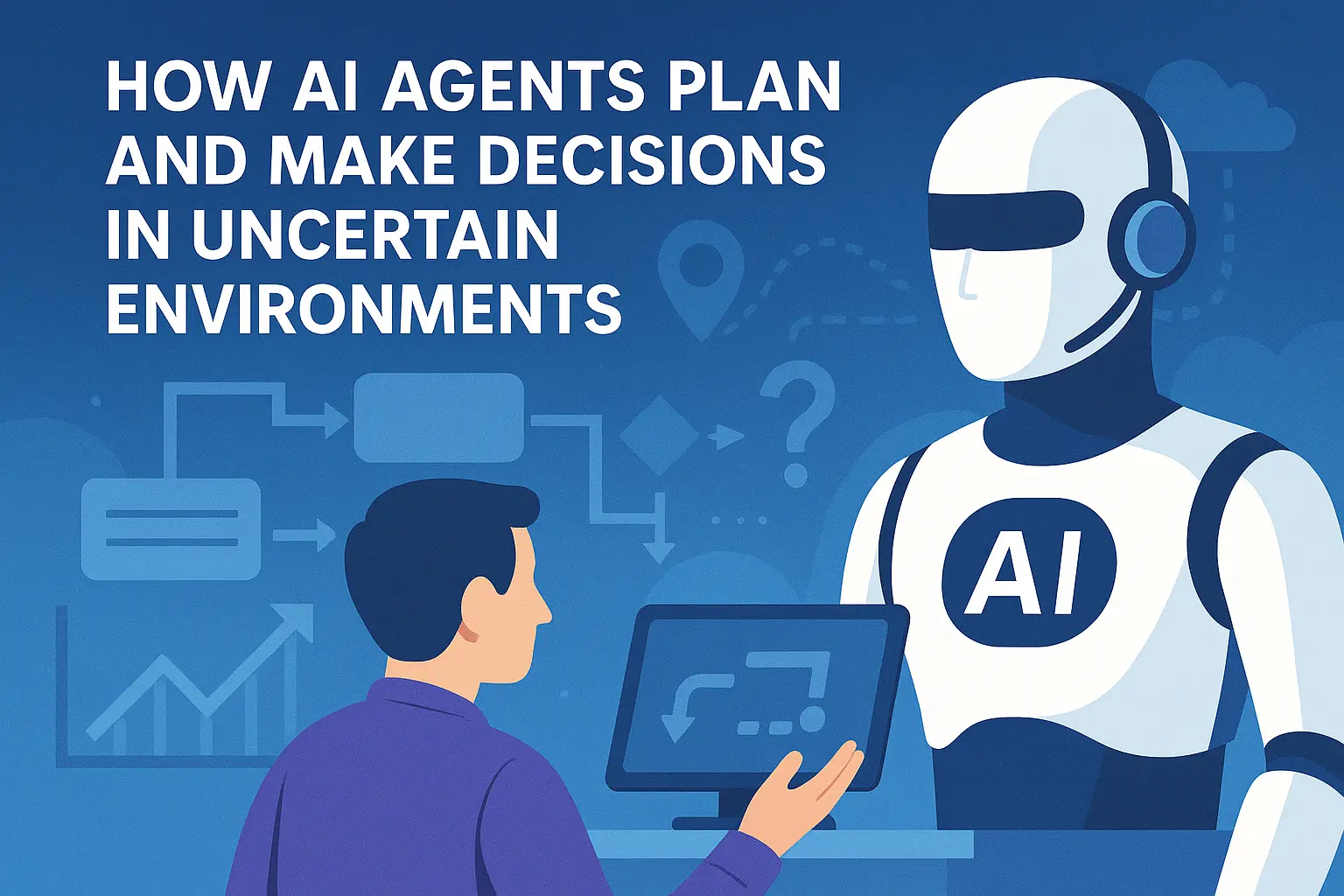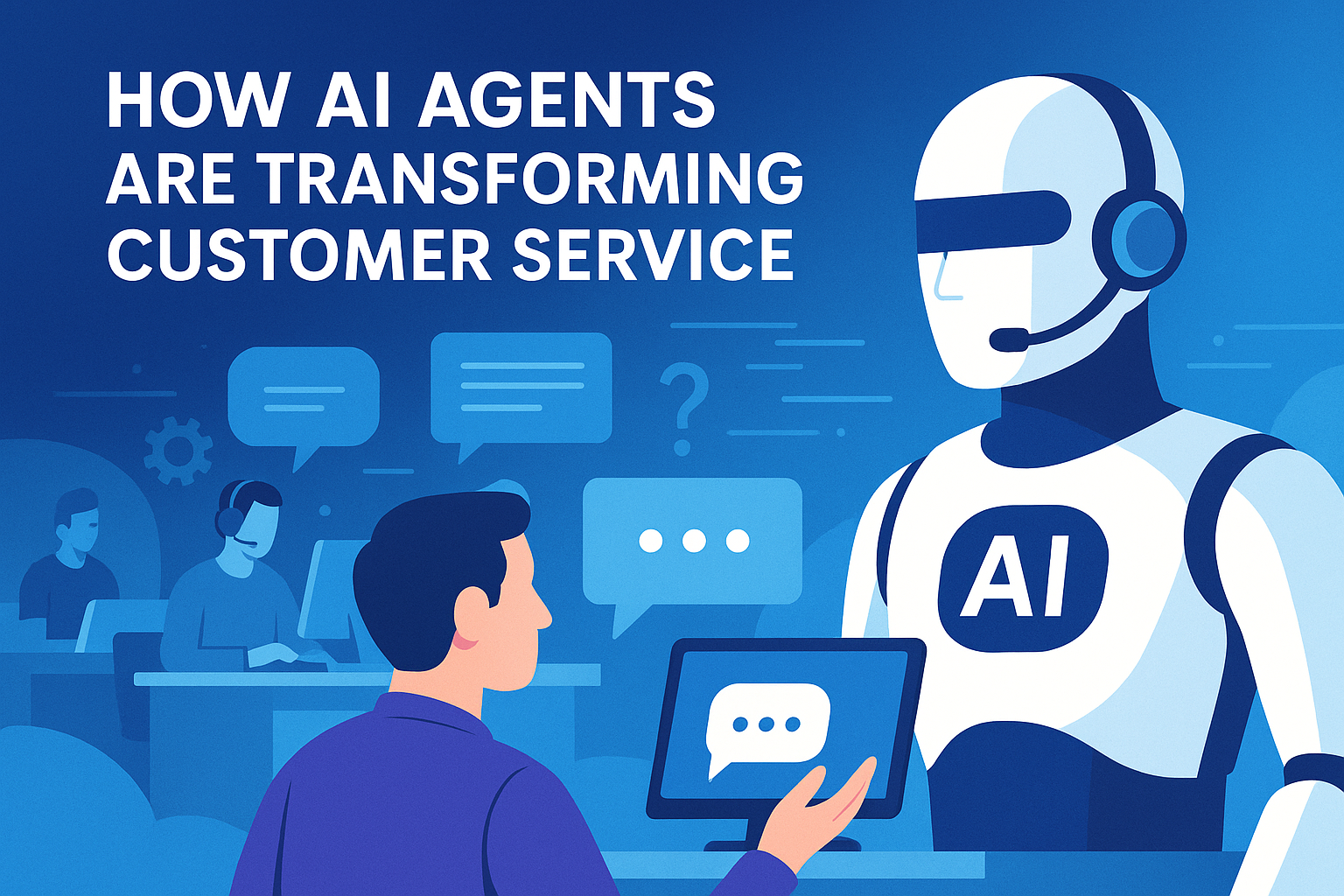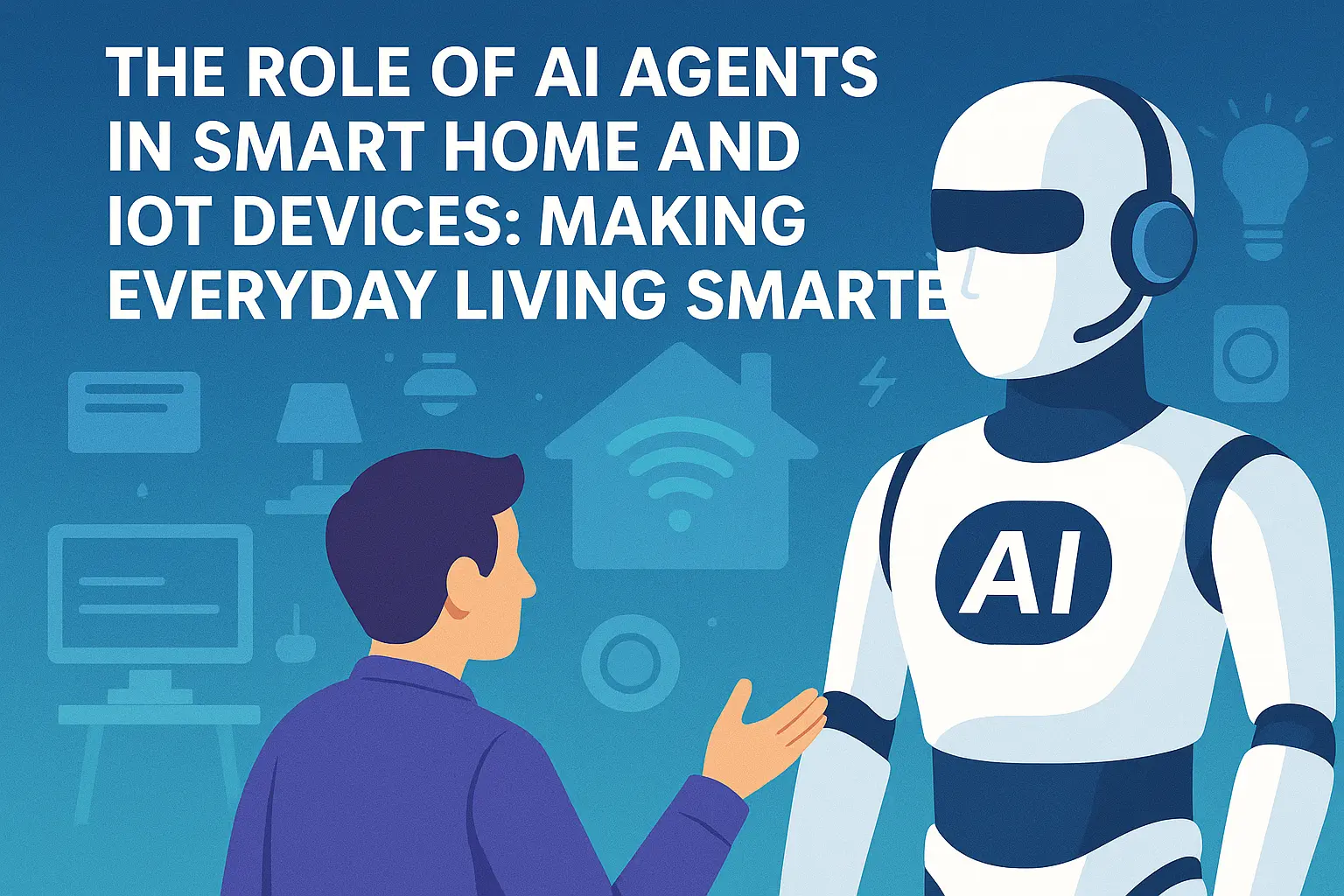The Metaverse is no longer just a futuristic concept—it’s becoming a dynamic digital space where people work, play, socialize, and create. As this immersive universe evolves, AI agents are emerging as essential components that make these virtual environments intelligent, responsive, and personalized.
From helping users navigate digital worlds to powering lifelike NPCs (non-playable characters), AI agents are redefining what’s possible in the Metaverse.
Let’s explore how AI agents are shaping the next generation of virtual experiences.
🌐 What Are AI Agents?
In simple terms, AI agents are intelligent programs that can:
- Perceive their environment
- Make decisions
- Learn and adapt over time
- Interact with humans and other agents
In virtual worlds and the Metaverse, these agents aren’t just back-end tools—they become active participants, creating more interactive, dynamic, and realistic experiences.
🧭 1. AI Guides and Virtual Assistants in the Metaverse
Imagine entering a vast digital world for the first time—it can be overwhelming. That’s where AI agents step in as personal guides.
What they do:
- Onboard new users
- Give real-time assistance and directions
- Help customize avatars or virtual spaces
- Provide language translation in real-time
🕶️ Example:
In platforms like Decentraland or Roblox, AI-driven avatars can serve as tour guides or virtual concierges, making the experience smooth and welcoming.
🕹️ 2. Smarter NPCs (Non-Playable Characters)
NPCs have been a part of games for decades, but AI is making them more lifelike than ever.
How AI enhances NPCs:
- They remember past interactions
- They adapt their responses based on player choices
- They behave more human-like (emotion, tone, reaction)
🎮 Example:
AI agents in virtual RPGs or training simulations can act like real people, offering complex conversations, moral dilemmas, or personalized challenges.
🛍️ 3. AI-Powered Virtual Shopping and Services
Shopping in the Metaverse is becoming a trend, and AI agents are acting as virtual salespeople or brand representatives.
What they do:
- Recommend products based on user behavior
- Assist in virtual fitting rooms
- Handle payments and checkout processes
🛒 Example:
A digital fashion store in the Metaverse may have an AI stylist that suggests clothing based on your avatar’s measurements and style preferences.
🧠 4. Learning and Training Simulations
Virtual worlds are ideal for corporate training, education, and skills development. AI agents enhance this by acting as tutors, examiners, or role-playing partners.
Benefits:
- Provide instant feedback
- Adapt content to learner progress
- Simulate real-world scenarios (e.g., medical or safety training)
🎓 Example:
In VR classrooms or corporate workshops, AI avatars can take on different roles—client, manager, patient—to simulate complex interpersonal skills.
🌍 5. World-Building and Automation
In vast digital worlds, creators and developers need help building and managing content.
AI agents can:
- Generate terrain, cities, or rooms automatically
- Populate the world with intelligent characters
- Monitor and moderate user behavior
🔧 Example:
AI agents can help design entire environments in platforms like Unreal Engine or Unity, saving developers hundreds of hours.
🤖 6. Persistent, Always-On Digital Characters
AI agents can live in the Metaverse even when you’re offline.
They:
- Keep learning and evolving
- Interact with other users and agents
- Represent you when you’re not there (AI avatars or “digital twins”)
This opens up the idea of digital continuity—where your presence exists 24/7 in the virtual world, even when you’re asleep or working.






